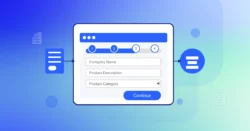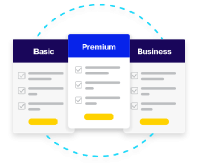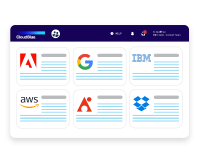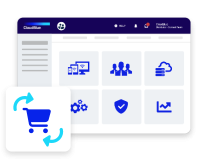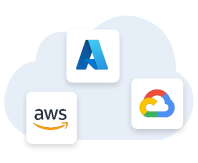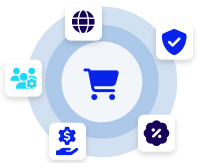B2B Marketing Automation is a strategy and set of technologies that leverage software platforms to automate and optimize marketing activities in the Business-to-Business (B2B) sector. It involves the use of SaaS-based tools to streamline and scale marketing processes, enhance lead generation, nurture prospects, and measure campaign effectiveness.
Key components and features of B2B Marketing Automation with SaaS include:
Lead Management: SaaS-based B2B Marketing Automation platforms provide comprehensive lead management capabilities. These tools automate lead tracking, scoring, and segmentation, allowing marketers to efficiently identify, categorize, and prioritize leads based on predefined criteria. This helps focus efforts on the most promising prospects and maximize conversion rates.
Email Marketing Automation: B2B Marketing Automation software, delivered through a SaaS model, enables the automation of email campaigns. Marketers can create personalized, targeted email sequences, triggered emails, and drip campaigns. SaaS platforms automate the delivery of relevant and timely messages to specific segments of the target audience, improving engagement and conversion rates.
Lead Nurturing: SaaS-based B2B Marketing Automation tools allow marketers to create automated workflows that nurture leads throughout the buyer’s journey. With personalized content, educational resources, and automated interactions, SaaS platforms help build relationships, address pain points, and guide leads towards making informed purchasing decisions.
Campaign Measurement and Analytics: B2B Marketing Automation in the SaaS industry offers robust measurement and analytics capabilities. SaaS platforms provide real-time data on campaign performance, lead generation, and customer engagement. Marketers can track key metrics, analyze results, and gain insights to optimize future marketing strategies and improve ROI.
Integration and Scalability: SaaS-based B2B Marketing Automation solutions offer seamless integration with other marketing and sales tools, allowing for a unified view of customer interactions and data. This integration facilitates effective lead management, customer relationship management (CRM), and sales pipeline tracking. SaaS platforms also provide scalability, enabling businesses to adapt and grow their marketing efforts as needed without the burden of managing complex infrastructure.




